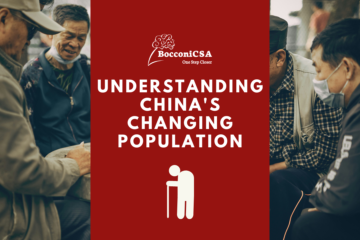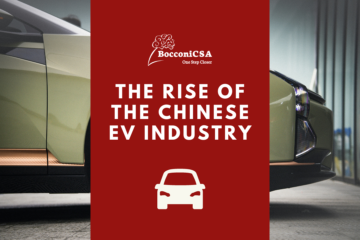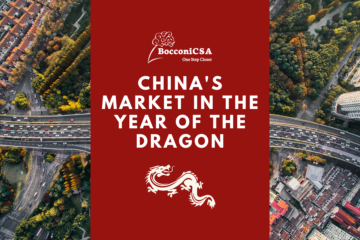An unexpected and surprising news came out last week about Italy’s participation in the Belt and Road Initiative (BRI). Michele Geraci, undersecretary in the economic development ministry, told the Financial Times that Italian government is planning to sign a MOU (memorandum of understanding) to formally endorse the big Chinese project. Italy would be the first G7 country to sign such an agreement with China.
The memorandum could be signed at the end of March, when President Xi will come to Italy for his first official visit.
A memorandum of understanding is a non-binding agreement which creates the basis for cooperation between countries. In this specific case it would outline a collaboration between China and Italy in areas such as trade and infrastructures. Mr. Geraci said: “We want to make sure that ‘Made in Italy’ products can have more success in terms of export volume to China, which is the fastest-growing market in the world.”
Geraci’s statements triggered a harsh reaction by the White House, which said that Rome’s plans won’t bring favorable economic effects for Italy and could also damage the country’s global reputation. Some criticisms came also from the European Union. However, EU’s member states are still divided on the issue and there isn’t a common stance on BRI.
In response to these critical statements, the Chinese foreign minister suggested that Italy shouldn’t change its mind: “Italy is an independent country. We trust you’ll stick to the decision you have independently made.”
Italy’s decision to join the BRI is already creating divisions inside the government, but it could also open new possibilities for the country’s foreign policy. However, Italy will have to convince its old allies that cooperation with China won’t damage its traditional ties with them. Hard work, but it’s worth the risk.
by Alessandro Bonetti



0 Comments